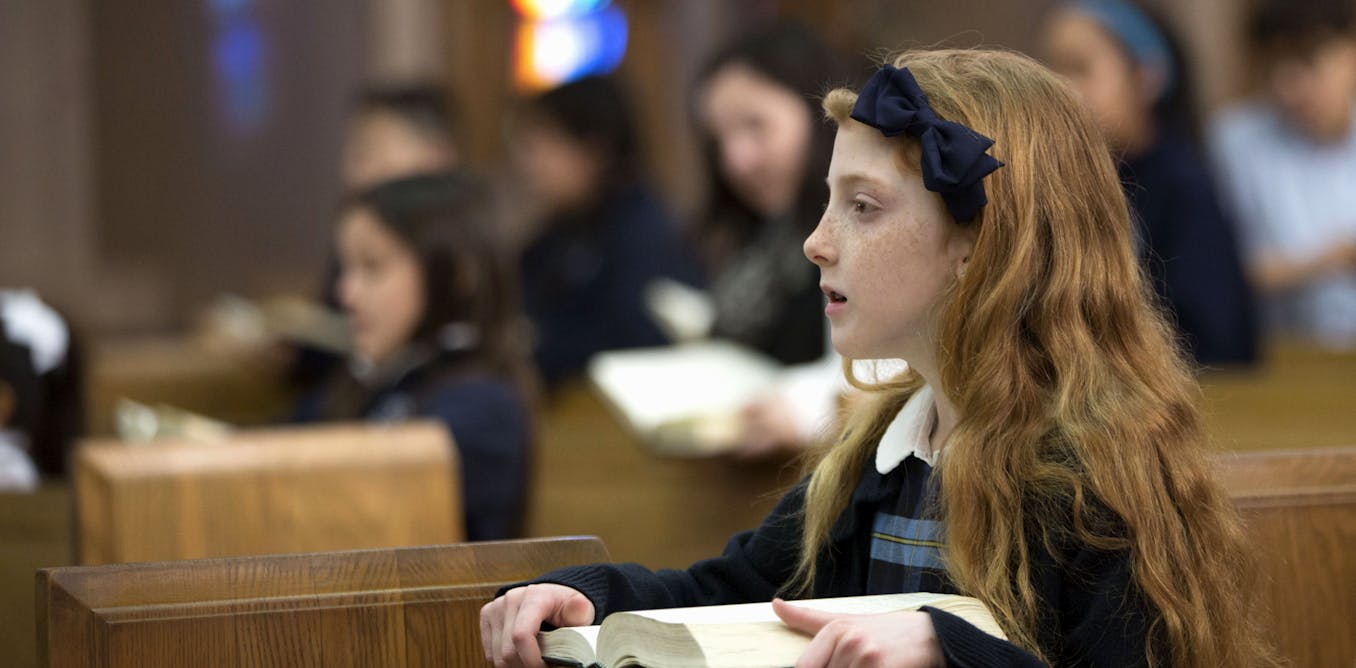Supreme Court Weighs Radical Shift: Could Religious Charter Schools Drain Public Education Funds?

The future of public school funding hangs in the balance as the US Supreme Court considers a potentially groundbreaking case that could dramatically reshape the landscape of education and religious institutions. Legal experts warn that a favorable ruling for religious charter schools might trigger significant financial challenges for public education systems across the nation.
At the heart of the debate is a critical question: Could opening the door to religiously-affiliated charter schools undermine the delicate financial ecosystem of public education? Scholars specializing in education law are sounding the alarm, suggesting that such a decision could divert crucial funding away from traditional public schools and potentially destabilize existing educational infrastructure.
The potential implications are far-reaching. If the Supreme Court decides to allow religious charter schools, it could create a precedent that fundamentally transforms how public education is funded and structured. This would not only impact school budgets but could also raise complex constitutional questions about the separation of church and state.
As the legal community watches closely, educators, policymakers, and parents are bracing for a decision that could reshape the educational landscape for generations to come. The stakes are high, and the potential consequences are profound.
